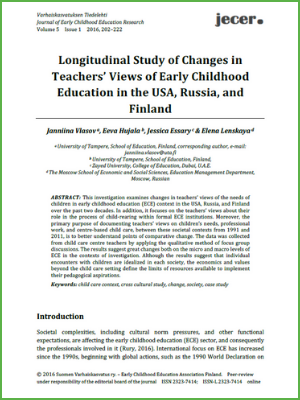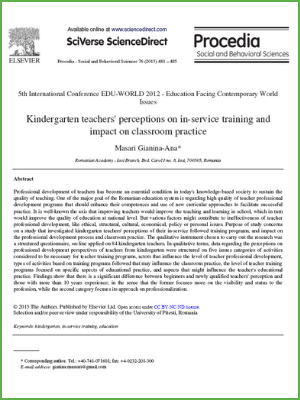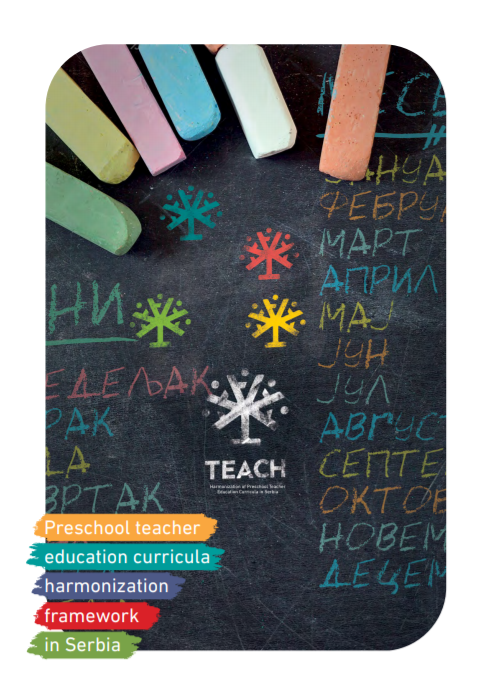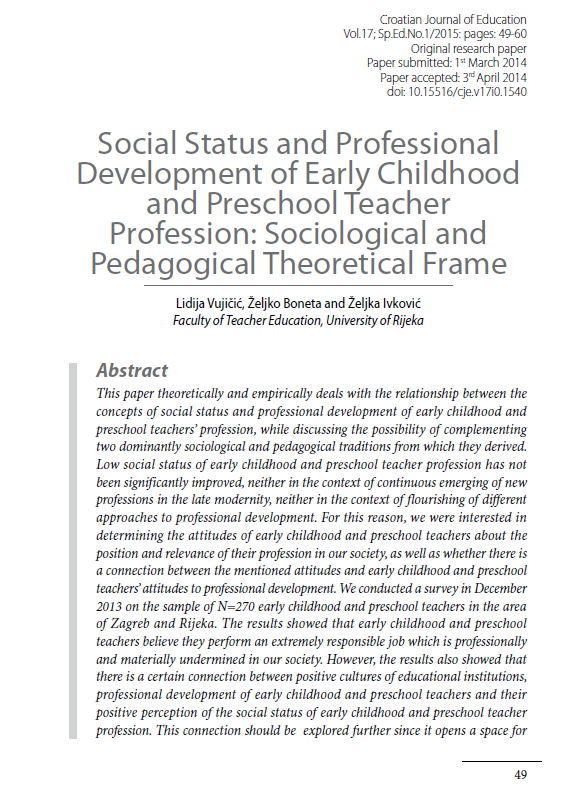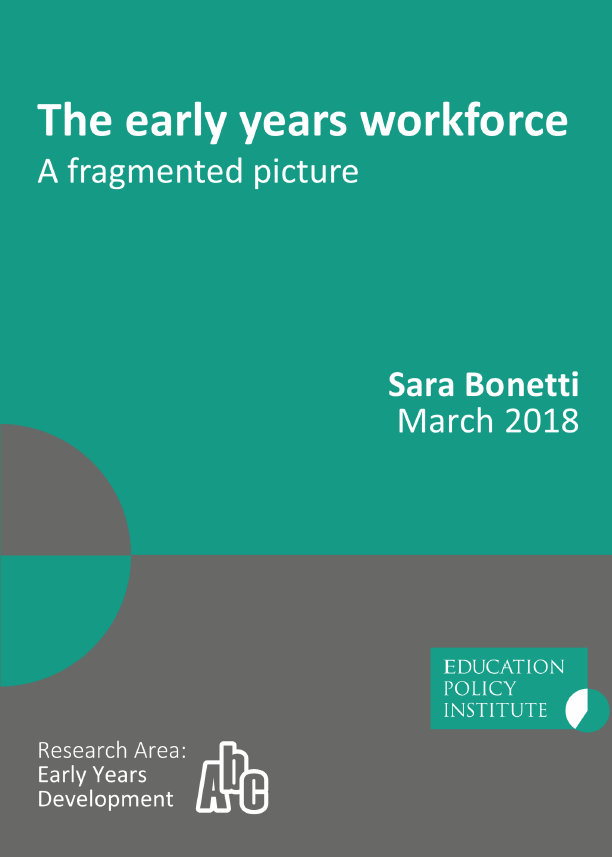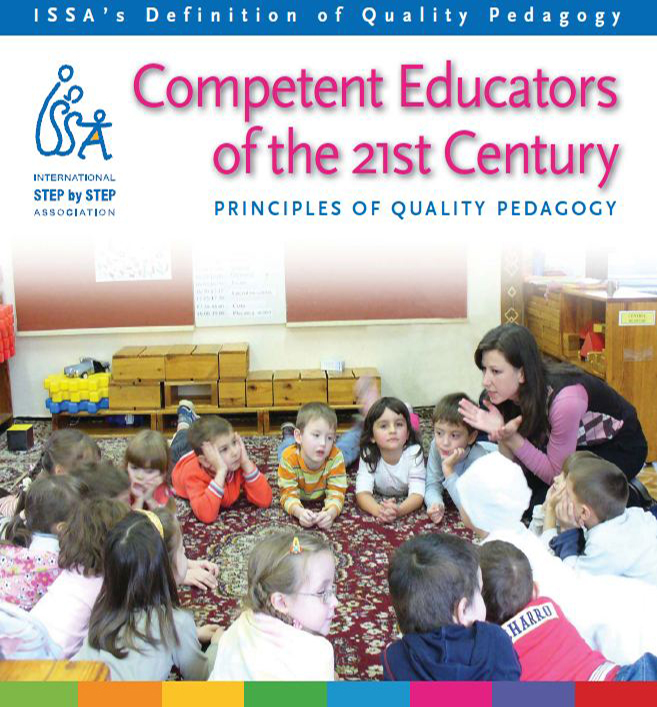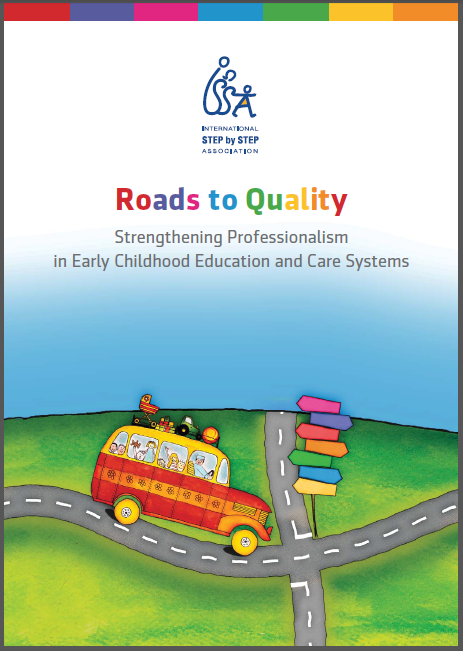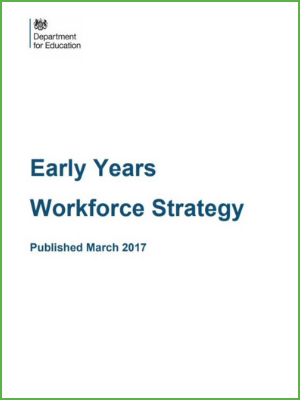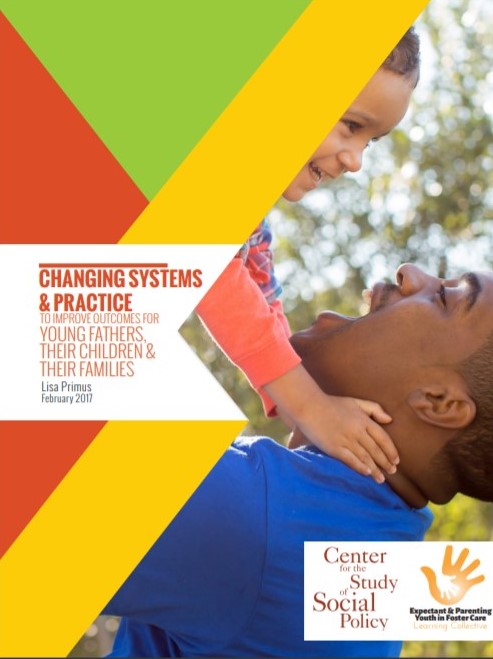Quality through Professionalisation: Local Evaluation of the Tallaght National Early Years Access Initiative
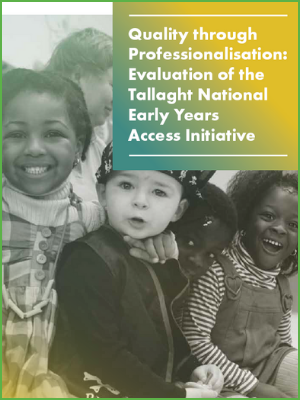
Quality through Professionalisation: Local Evaluation of the Tallaght National Early Years Access Initiative is a report on the evaluation of the Quality through Professionalisation programme, one of 11 projects under the National Early Years Access Initiative. This three-year initiative aimed to improve the quality and outcomes of services in the early years sector. At the national level, the initiative focused on the establishment of an evidence base contributing to improvements in practice and influencing policy changes. At the local level, the initiative focused on building the delivery capacity of local projects.
Five preschools were invited to participate in the local evaluation of the Tallaght NEYAI; all five preschools were based in Tallaght in South County Dublin. The evaluation approach focused on the following broad areas of investigation:
- Conducting a profile analysis of the preschools involved in the programme
- Conducting an investigation of the impact of the Tallaght NEYAI on the early years educators
- Assessing the quality of provision within 4 of the participating services post-training delivery
- Conducting a process evaluation investigating the reach, effectiveness, adoption, implementation and maintenance of the training programme
Key findings include information about preschool characteristics, quality within preschools, the impact of training on educators, and trainers' and staff experiences of the initiative.
www.pobal.ie


